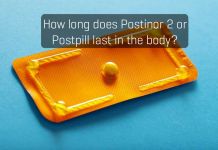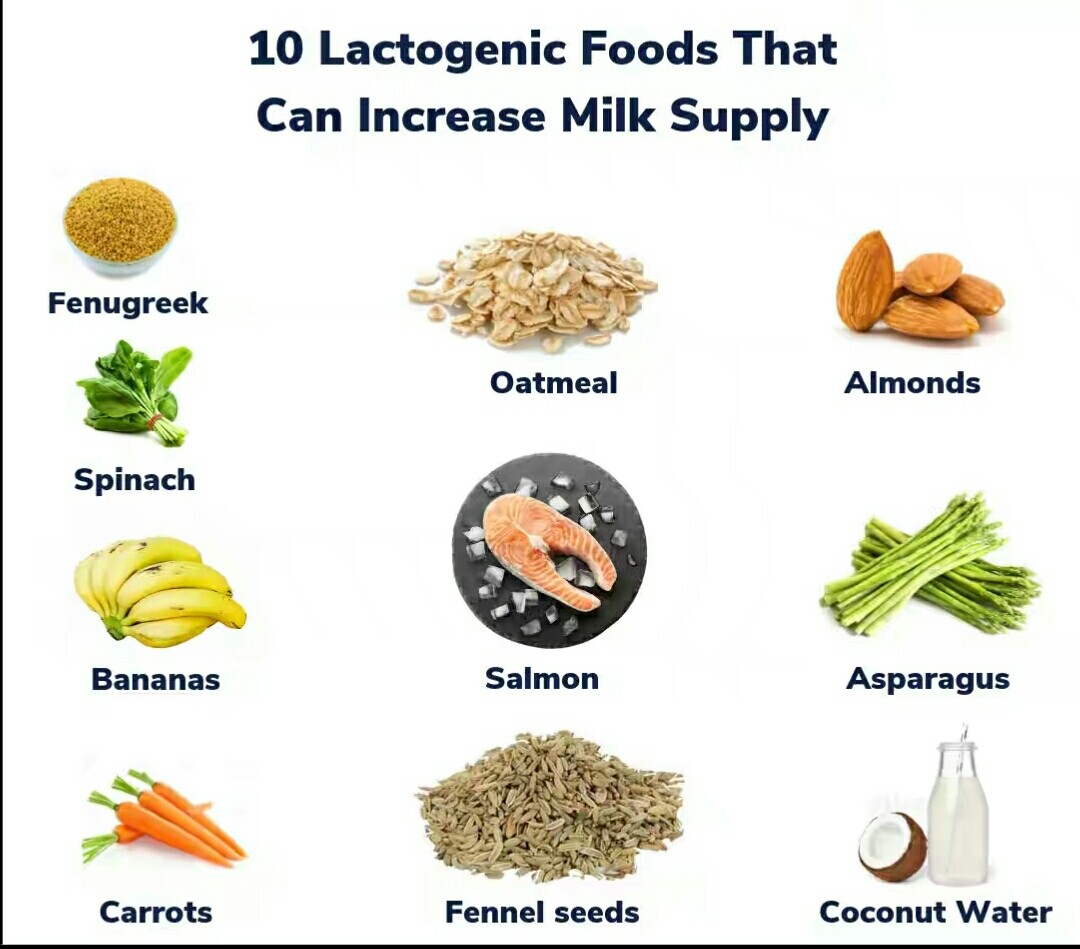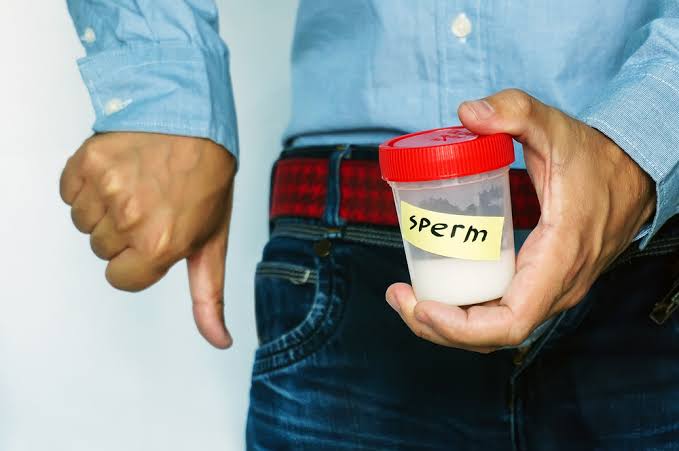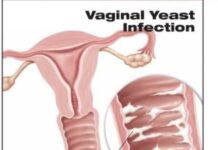Malaria vaccine programme brightens hope for elimination as pilot scheme take-off in Malawi.
The Federal Government says it is anxiously waiting for the result of pilot RTSS/ASO1, the Worldâs first anti malaria vaccine, recently introduced in Malawi.
The Minister of Health, Prof. Isaac Adewole, revealed this at the commemoration of 2019 World Malaria Day (WMD) in Abuja on Thursday.
Adewole said that success of the vaccine would catalyze global efforts at eliminating malaria.
He noted that Nigeria was responsible for 25 per cent of global malaria burden and 19 per cent of global deaths from malaria.
He noted that Nigeria was responsible for 25 per cent of global malaria burden and 19 per cent of global deaths from malaria.
He further said that despite waiting for the success of the trial vaccine, more commitments were being made by the country with the help of its development partners to eliminate the scourge.
âWe are fully committed to malaria elimination. We have developed innovative programmes that will increase access to funds for malaria programme implementation,
âSome of which include the Basic Health Care Provision Fund, the Save One Million Lives Project, and we are also soliciting for additional funding support for malaria programme,â he said.
He said that every Nigerian has a role to play in the effort to end the scourge of malaria, from the artisan on the street to the Chief Executive in the office.
âThere are simple things that we can do like keeping our environment clean, sleep inside the Long lasting Insecticidal Nets, when feverish please go for a test and if positive ensure that you are treated with Artemisinin based Combination Therapy (ACT).
âMalaria is still a public health challenge. According to the World Malaria Report, Nigeria still accounts for 25 per cent of global malaria burden.
âWe also account for 19 per cent of deaths from malaria. Though funding for malaria control has remained relatively stable since 2010.
âWe need to improve on the level of our investment to achieve a reduction of at least 40 per cent in malaria case incidence and mortality rates globally by 2020.â
Adewole noted that the WMD celebration provides the opportunity to review our strategies and up the tempo with a view to reducing significantly the burden of malaria in our country.
âLet me inform you that we are fully committed to malaria elimination. We have developed innovative programmes that will increase access to funds for malaria programme implementation.
âSome of which include the Basic Health Care Provision Fund, the Save One Million Lives Project and we are also soliciting for additional funding support for malaria programme.
âIn 2018, President Muhammadu Buhari approved an incentive funding of $18.5 million for procurement of Long Lasting Insecticide Treated Nets (LLIN). We carried out LLINs replacement campaigns in eight States.
âIn order to ensure malaria commodities availability, a national quantification exercise was conducted in conjunction with states and other partners,â he added.
Adewole also noted that the federal government was in the process of setting up an expert group comprising of researchers in the field of malaria to provide guidance on country strategies for malaria elimination.
READ ALSO: We have spent $495m to control malaria in Nigeria since 2011 â United States.
According to him, the process of Malaria Programme Review (MPR), a holistic review of malaria programme implementation in the country is on-going and the outcome would inform changes in strategies and interventions where necessary.
The anti-malaria vaccine pilot kick started in Malawi yesterday.
According to the WHO, thirty years in the making, RTSS is the first, and to date the only, vaccine that has demonstrated it can significantly reduce malaria in children. In clinical trials, the vaccine was found to prevent approximately 4 in 10 malaria cases, including 3 in 10 cases of life-threatening severe malaria
âMalaria is a constant threat in the African communities where this vaccine will be given. The poorest children suffer the most and are at highest risk of death,â said Dr Matshidiso Moeti, WHO Regional Director for Africa. âWe know the power of vaccines to prevent killer diseases and reach children, including those who may not have immediate access to the doctors, nurses and health facilities they need to save them when severe illness comes.â
âThis is a day to celebrate as we begin to learn more about what this tool can do to change the trajectory of malaria through childhood vaccination,â she added.
The pilot programme is designed to generate evidence and experience to inform WHO policy recommendations on the broader use of the RTS,S malaria vaccine. It will look at reductions in child deaths; vaccine uptake, including whether parents bring their children on time for the four required doses; and vaccine safety in the context of routine use.
The vaccine is a complementary malaria control tool â to be added to the core package of WHO-recommended measures for malaria prevention, including the routine use of insecticide-treated bed nets, indoor spraying with insecticides, and the timely use of malaria testing and treatment.
Culled from the Nation Online




















